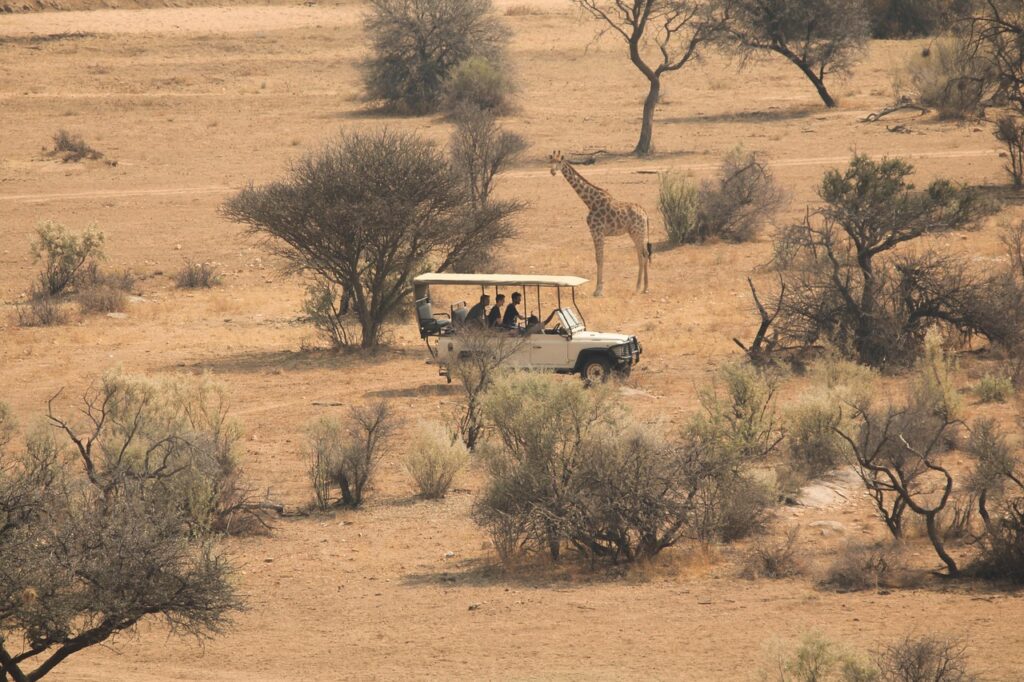Why local guides matter in conservation

Limits
When you step into the wild, the people who know it best are those who call it home. Local guides aren’t just there to point out animals — they are the heartbeat of ethical wildlife tourism and play a vital role in conservation.
These guides often grew up in the landscapes they now protect. They know the calls of the birds, the hidden trails, the stories of the land. Their knowledge goes far beyond textbooks — it’s lived, felt, and deeply rooted. And when tourism supports them, it supports the ecosystem too.
Why does it matter?
— Local guides provide accurate, respectful insights into wildlife and culture.
— They act as guardians, helping to monitor and protect endangered species.
— Income from guiding gives communities a reason to value conservation over exploitation.
— They reduce the need for outsiders who might not understand local dynamics or traditions.
— Tourists get a richer, more authentic experience — one grounded in connection, not just sightseeing.
Conservation is strongest when it’s community-led. That means empowering local voices, respecting Indigenous knowledge, and creating opportunities that benefit both people and planet.
Next time you book a tour, ask: who’s guiding it — and who benefits? Choosing a local guide doesn’t just enhance your adventure; it helps protect the very wildlife you came to see.
Because when locals lead, conservation becomes a shared story — not just a visitor’s moment.
These guides often grew up in the landscapes they now protect. They know the calls of the birds, the hidden trails, the stories of the land. Their knowledge goes far beyond textbooks — it’s lived, felt, and deeply rooted. And when tourism supports them, it supports the ecosystem too.
Why does it matter?
— Local guides provide accurate, respectful insights into wildlife and culture.
— They act as guardians, helping to monitor and protect endangered species.
— Income from guiding gives communities a reason to value conservation over exploitation.
— They reduce the need for outsiders who might not understand local dynamics or traditions.
— Tourists get a richer, more authentic experience — one grounded in connection, not just sightseeing.
Conservation is strongest when it’s community-led. That means empowering local voices, respecting Indigenous knowledge, and creating opportunities that benefit both people and planet.
Next time you book a tour, ask: who’s guiding it — and who benefits? Choosing a local guide doesn’t just enhance your adventure; it helps protect the very wildlife you came to see.
Because when locals lead, conservation becomes a shared story — not just a visitor’s moment.
